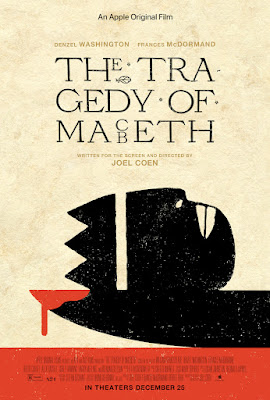Guillermo del Toro’s follow-up to his Oscar-winning Best Picture and Best Director “The Shape of Water” felt like two separate, incomplete movies meshed into one, resulting in slightly underbaked character developments especially for Bradley Cooper’s protagonist and rushed narratives.
However, what worked fantastically well was del Toro’s amazing visuals and world building. The cinematography by Dan Laustsen and production design by Tamara Deverell and Shane Vieau were stunning and absolutely deserved their Oscar nominations.Unfortunately, that led the story itself and the characters to take a back seat. Cooper was not doing his best work here. His silence in the first half lacked gravitas and dimension. There was no discernible hunger or passion or self-serving interest behind them. Which then made the later half’s metamorphosis seemed unearned. It was not hard to understand, just undeserved.
Rooney Mara and Toni Collette were also both underserved by the script. Collette especially, though great in the role, ended up being rather one dimensional. Mara fared a bit better, being ostensibly the female lead, she had a bit more depth but ultimately only served to extend Cooper’s character’s arc rather than a fully fleshed out character in her own right.
And what a waste of actors like Willem Dafoe, Mary Steenburgen, Richard Jenkins and David Strathairn.
The one character that worked well was Cate Blanchett’s noir-drenched femme fatale (gosh, the camera sure loved her and she looked amazing in that look!). Although she only appeared in the second half, Blanchett absolutely owned the screen, acting circles and chewing the scenery. A pity she did not get a Best Supporting Actress nomination, though, granted the weakest two were Jessie Buckley and Judi Dench (though Caitriona Balfe would have deserved it over Dame Dench).
The film’s best chances for Oscar glory will be for the under-the-line categories. But even then, it will still be a long shot.


















